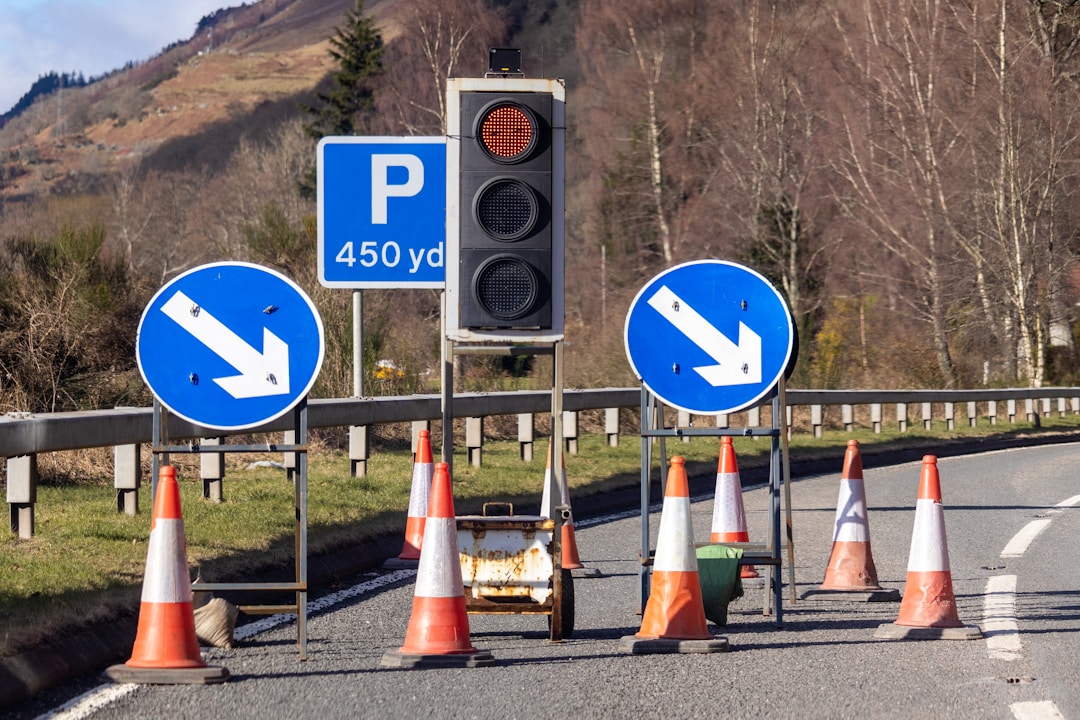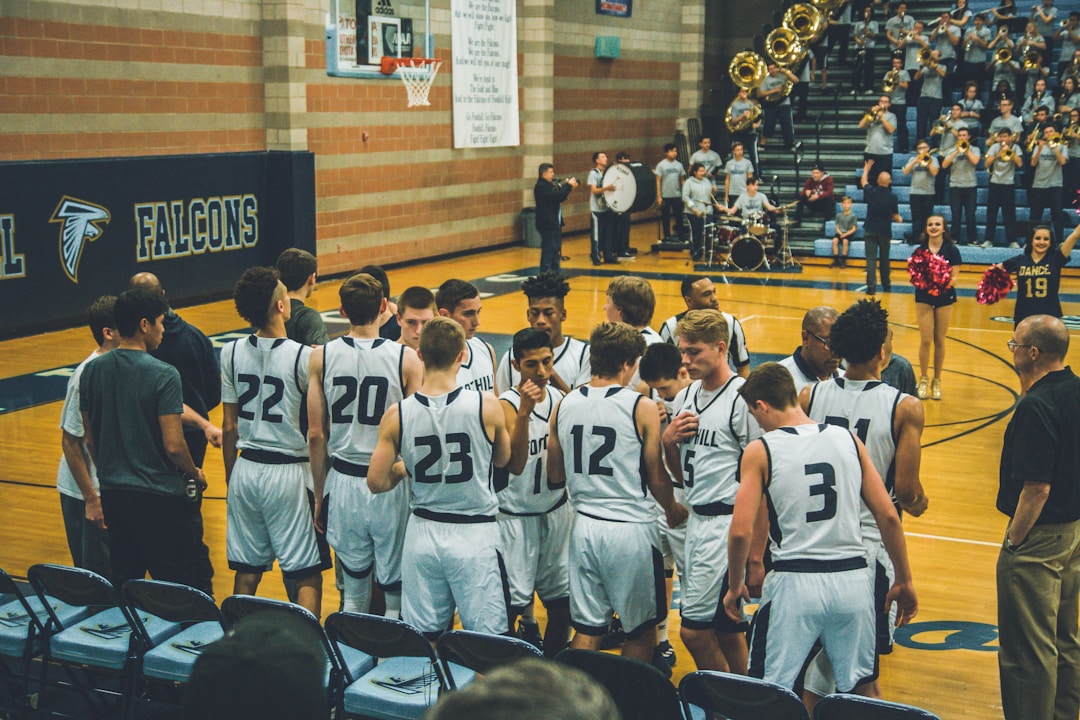Is it time to re-think the Future of Work? We have spent the vast majority of the past decade to reason about ways to improve Remote Working. We have created the word “SmartWork” to make it all sound cooler. We have been argued and discussed the impact of AI and Machine Learning on the jobs of the future. All these discussions have been wiped away pretty quickly in the wake of the Covid-19 Pandemics. What is running today is probably the most significant social experiment of “The Future of Work” in action. Something that few could have imagined possible just a few months ago.
What will be the lasting effects of this pandemic? We all agree it’s too early to assess the impacts on organisations, employments and the economy in general. Naomi Stanford expresses this brilliantly.
Let’s acknowledge how little we really do know beyond this, and hope that we know that dogmatic certainty, knee-jerk reactions and panic are likely to be a riskier strategies than ones of continuous, reflective, critical, collaborative learning about the situation and thoughtful but rapid trying-out new adaptations to your business design as the context emerges.Naomi Stanford, The current future of work
Covid-19 drives five big questions
Whatever the change, it’s difficult that we will simply go back to business as usual. We are already seeing a number of trends consolidating with this change in working patterns, some for the better, some for the worse. Is it just an acceleration? for sure for some trends, maybe not for others. Which is why I believe it is good to start posing ourselves some questions. Five basic ones come to my mind.
1. How is Work going to change?
It isn’t straightforward to predict what is going to happen. This is not like one of the crises we have seen before, as the impossibility primarily impacts it for people to go to restaurants, bars, take aeroplanes, enjoy a movie or a theatre play. A lot will depend on the length of the crisis and on the ability for people to find trust again.
Work itself, however, is changing already. I have already written about the significant impact this pandemic is having on frontline workers and the fact that we should focus on them first. For those working from home, Work has changed dramatically overnight. Zoom has gone from 10m to 200m daily users. Microsoft had a peak of 2.7bn daily minutes and Google has ‘over 2bn’. Zoom said it was at an annual run-rate of 100bn in January (2-300m daily), but the user base is up 10-20x since then. Yes, many people have been working remotely before. But managing a situation where kids are home, and you might not be able to go out, is new for most people.
As I’ve written above, this big social and technological experiment that Covid-19 is leading (which is forced to a certain extent) has the potential to change the way we work and interact. But it’s certainly not a linear process. Kevin Roose, for example, points out ina NYT article how this imposed condition is limiting creativity. In writing for his forthcoming book, he has reached an important conclusion: Most people should work in an office, or near other people, and avoid solitary work-from-home arrangements whenever possible. Will this imposed experiment change his view?
This is not how I envisioned the distributed work revolution taking holdMatt Mullenweg, Coronavirus and the Remote Work Experiment No One Asked For
Issues with remote working are about teamwork starting to be impacted, and the fact that working without distractions is very complicated, especially when we have to compete for space with partners and kids. All news outlets and many companies are providing tips and tricks on how to work from home, so I’m not going to repeat myself. Remote Work is both an issue of technological maturity as well as Culture and Leadership. And a new system of choice.
There’s one thing that each of us can do, however. Realise how important technology can be as an enabler for a better way of working, and not an enemy of our Work. Are you ready for this challenge?
2. Will my competencies be impacted?
Interestingly enough, the skills that I have been referring to as critical for the Future of Work are the ones that are more in need today to go through this crisis.
- Personal Resilience is critical as we face a period of very high uncertainty.
- Networking and Collaboration are critical as we have now to work remotely, and we need to foster even more connections with peers and colleagues.
- Building Psychological Safety: an essential attribute for leaders in a moment where high stress is present, and current technology-mediated relationship require even more candour.
- System Thinking: as we look at the myriad of information present around us, we need to use extensive system thinking to imagine possible future scenarios.
- Listening, Curiosity and Learning Agility: in a moment of profound disruption, we all need to change, unlearn and learn.
- Being Deliberately Developmental: is probably the most challenging one to develop, as we have seen, but now it is the right time to start practising. As we want to ensure that all our teams are well equipped to thrive in the future scenario, whatever this will be.
- Authenticity. This is probably the most important one today, as we need to be able to tell people that we are scared of what is coming.
As the Future of Work unfolds, all these competencies will drive successful execution and growth. As this quarantine period will give you probably some slack time, invest in studying and learning, improving especially on those competencies that you feel are less solid. But above all, take the time to think about your personal Resilience.
3. Is my job at risk?
Let’s face it. Layoffs have started already due to the Covid-19 crisis. Most governments are studying actions to compensate for the crisis, but some industries have come almost to a full halt, like airlines.
Josh Bersin has published a call to action article, titled Coronavirus Response: People First, Economics Second, where he makes a significant parallel between Covid-19 and the 9/11 events. Just as we found in 9/11, we need to build a sense of safety, trust, and collective thinking in our people. And makes a very solid connection with the recent results of the 2020 Edelman Trust Barometer.
The Coronavirus then represents an opportunity. If you focus on your people in a competent and ethical way, and you listen to their needs, you can drive up trust, teamwork, and resilience.Josh Bersin, Coronavirus Response: People First, Economics Second
Unfortunately, the fact that more voices are raising against a cost-cutting approach to this crisis, does not mean that labour issues will be prevented. But if companies feel that Purpose is a valid and vital topic to foster, we will probably have fewer considerations for immediate terminations than in the past. At least for some companies. As Bob Chapman states, Letting go of people should never be a leader’s first choice or an easy choice to make.
One aspect that is particularly relevant is how self-employed will react to the crisis. There is already a lot of mumbling in the creative community, as many creative jobs are effectively freelance. For example, in the US, 75 per cent of workers in the arts and design industry are freelance, according to a 2019 survey by Upwork. Often excluded from government aids, these jobs are key for the creativity they develop, but are at high risk today.
4. How should my organisation adapt?
I have already written how much this pandemic is testing the Resilience of entire organisations. The one element that I am noticing, however, is that many organisations are falling into a “managerial trap”. Committees are formed, and crisis meetings are called every day to manage a situation that is not manageable according to current standards. Finance specialists are reviewing budgets every day, to identify the impact… but guess what, it’s impossible to forecast.
What we are missing is authentic leadership to discover, out of this challenge, what can be done to improve your company and set it up for success. Will it be a new service? A new product? A different organisational model. As absurd as it may be, this is the time to experiment and innovate.
I’ve recently introduced a Framework for Organisational Evolution that can be used as a map to navigate the components that are needed for success and Resilience. Naomi Stanford as put together an excellent toolkit which lists all required elements. Start with that.
5. I’m not a leader, is there something I can do?
Yes, absolutely. Change can also start in any part of the organisation. And often, it is in a moment like this where it is possible to find the space for innovative initiatives. Propose your ideas to your manager or leader, be bold. Anything that will support your organisation resilience will be a welcome tip of energy.
A New Future of Works is underway
A New Future of Work is Underway. Or maybe it is a New Future for Work. Or maybe we need to Reinvent Work fully. This pandemic has the potential to drive existential and societal improvements across the entire globe. To deliver Good after such a great strategy, such as that created by the Covid-19 Pandemic, that is still unfolding. Sure, we need to be careful of the powerful forces that will simply try to let us think that things are going to be back to normal.
And you? Do you have any other ideas or reflection points on a possible New Future of Work?

Comments and Feedbacks
More posts like this










